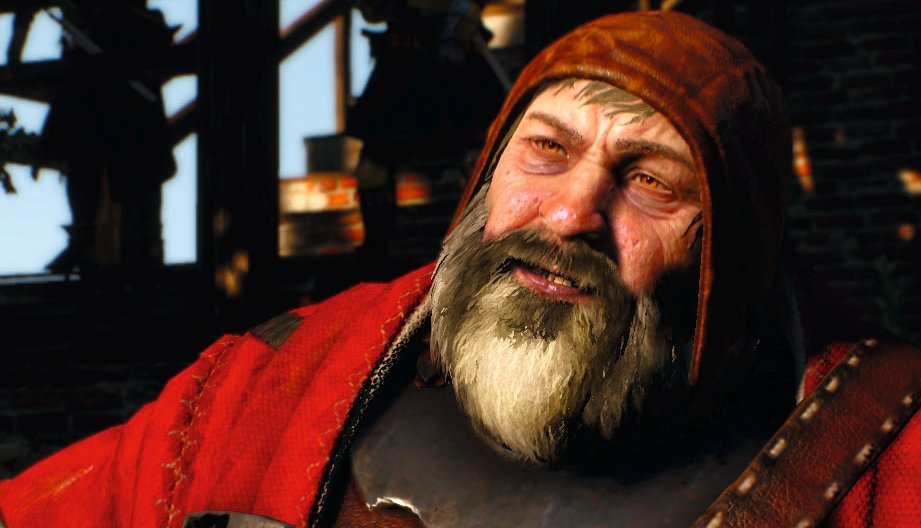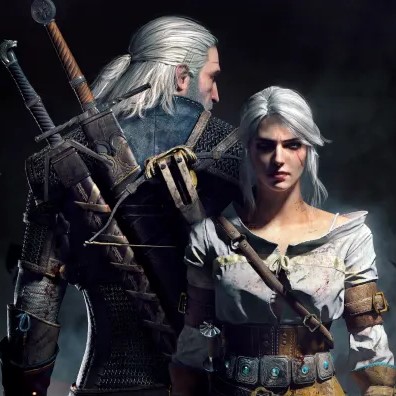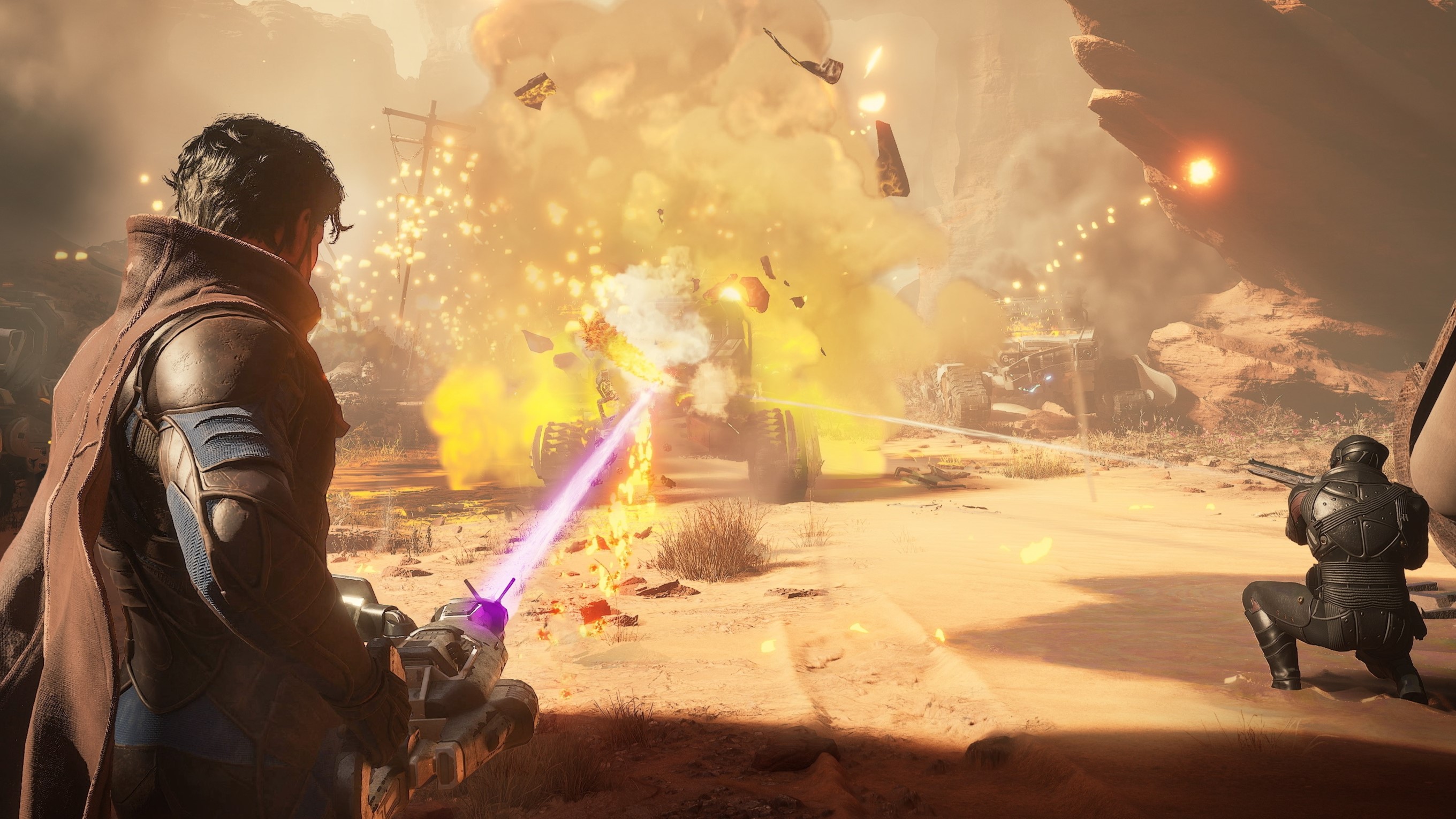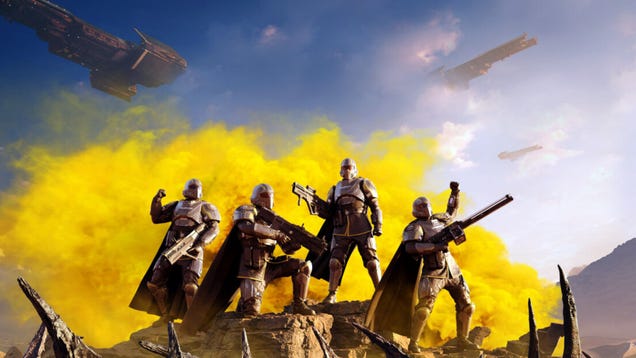
"We do heavy things if we have something meaningful to say."
It’s not exactly news that Cyberpunk 2077 and The Witcher 3 both grapple with heavy-hitting themes—but there are a few stand-out moments that can really crawl under your skin. For me, just about all of ol’ 2077 was a bit of an existential nightmare, though it was one I was thoroughly enthralled by.
Speaking to our friends at GamesRadar about the Bloody Baron and Sinnerman questlines—which cover themes of miscarriage and domestic abuse in The Witcher 3, and crucifixion in Cyberpunk 2077, respectively—senior quest designer Philipp Weber says that no-one in the studio takes grappling with such themes lightly.
Weber insists that CD Projekt Red doesn’t “do heavy things for the sake of edginess … We do heavy things if we have something meaningful to say, and then we also dare to go there.” He also adds that “the Bloody Baron, for us, really is the benchmark”. In regards to Sinnerman, Weber freely admits that there were “people in the studio who had problems with it,” though he argues that’s part of the point:
“I would say that if you never have that discussion, you’re probably not making art, if there’s never a question of ‘maybe we actually have to be brave, dive deeper’. Maybe there’s something that could also touch people the wrong way. Are we ready to do that? And I think those are discussions that we have to this day, but I think it’s important to have them, because otherwise you’re never able to do something like this.”
It’s an interesting line to walk. I’m personally not sure if I’d want every single game I play to be made by devs pushing themselves to dance around cultural lines in the sand and harsh themes—sometimes you just want to play a silly little shooter and see a number go up, and not everything has to be an R-rated miseryfest. All artforms have their escapist fantasies and their challenging texts.
But even when I think of the memorable pieces of art from my childhood, it was often memorable because it did brush close to some of those lines. Avatar: The Last Airbender wouldn’t be half the show it was if it shied away from Firelord Ozai’s abuse of Zuko, or Aang’s rage at the air temple’s destruction, or the fact there is no war in Ba Sing Se—and that was a show made for kids.
Conversely, games that do shed their harsher elements tend to have lesser stories for it. Dragon Age: The Veilguard’s story suffered, in part, because it was thoroughly sanitised and felt more like The Avengers than anything else. I rarely felt challenged by the story so much as I was served it on a silver platter, with a shot of Gaviscon to wash it all down with.
I suppose it’s all anchored in what you’re trying to do. At the very least, I can agree with Weber that if you never have hard conversations, you’re probably missing some sort of trick. And it’s hard to argue with the results, given how tremendously impactful The Witcher 3 has been on the whole of gaming culture. There’s a reason we threw a whole feast of interviews during its 10th birthday last week.
The Witcher 4: What we know about Ciri’s story
Witcher 3 mods: Good hunting
The Witcher books: Where to start
Witcher 3 console commands: Cheat death
The Witcher season 4: Hemsworth’s debut







